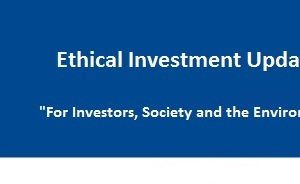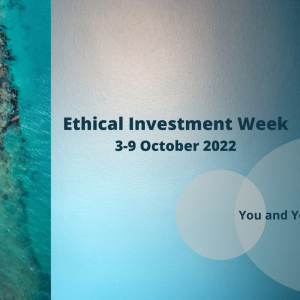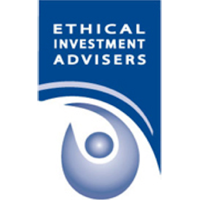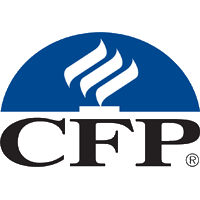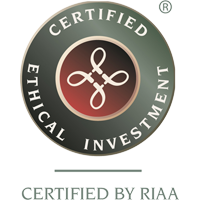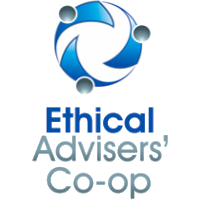Australians investors are not finding it as simple as they’d like to locate information about the stocks involved in their super funds. Investors and shareholders don’t have a convenient way to gather information from a single source, and that’s becoming more of a problem as investors become increasingly engaged.
Investors care deeply about the social and environmental impacts of their investments, as research by the RIAA recently revealed. An overwhelming majority (86%) of Australians believe it is important for a super fund to invest money responsibly. They expect managers to investing in companies that build clean energy infrastructure or avoid investments that can harm communities such as weapons manufacturing. This preference has already increased from 69% in 2013.
Despite massive and growing interest, serious problems with available information remain.
Australia’s problem with investor information
Engaged investors need information to act on their values. Understanding the impact of a super fund in Australia requires gathering information from infrequent and exhausting sources. Some investors are getting the only information they can by engaging with company boards during Annual General Meetings (AGMs). Of course, these meetings happen only once a year, and there is only limited time for questions.
Others have tried writing or calling fund managers directly to discuss stock investment or divestment, but super funds can involve hundreds or thousands of stocks to talk over.
Clearly, a more accessible solution is needed for investors. As more of them choose to engage, they’ll start expecting better access. That access is most likely to come from either a legislative solution or from funds and advisors manoeuvring to better serve their clients.
Is a legislative fix on the way?
Many countries already have Portfolio Holding Disclosure laws on the books that require companies to collect and provide information about each fund to investors. In fact, Australia is now the only market in a recent study by Morningstar that didn’t have any form of legislation requiring disclosure in place. That study rated Australia’s transparency at a D+, compared to other nations.
It’s not that a legislative solution to disclose holding lists hasn’t been considered. In fact, the draft of that legislation has been moving through parliament for years. Just recently, it was pushed back for the fourth time, and won’t be considered again until 1 July, 2019. It seems for the time being, Australians may be stuck with incomplete disclosures and limited access to information from executives.
Without hope for a legislative solution for at least another year, the question of how engaged investors can be better served falls to the private market.
How should super funds respond to rising engagement?
There is much that super funds and their managers can do to better serve engaged investors, and plenty of reasons to get started as soon as possible. If funds cannot build trust with investors, they may find
themselves reliant on independent organisations for credibility. At this point, more than half of all Australians (56%) believe there is not enough independent information available about switching to a responsible ethical super fund, or such an option within a fund.
One possible path could be to step in front of future legislation by ensuring that reporting requirements are already met before the law goes into effect. In addition to providing information that engaged investors are hungry for, this path has the added benefit of future proofing the fund’s practices so that eventual changes in the law are easier to weather.
Ultimately, a relationship with an independent certification organisation may also be necessary. 86% of Australians agree that they would be more likely to invest in an organisation, fund or product if it had been certified by an independent third party. If a certification organisation already has more trust among investors, it’s practical to take advantage of that by beginning a relationship, and meeting the standards for certification.
What does this engagement mean for the future of investing?
Now that investors are starting to care deeply about the impact of their stocks, they aren’t likely to stop. The demands for more information and more accurate reporting will likely be a major feature of stockholder meetings and AGMs, at least until Australia mandates more comprehensive reporting through legislation.
Until then, fund managers and investment advisors must develop their own means of meeting their client’s demands. Creating strong reporting standards and forging relationships with independent certification organisations can help bridge the gap between what investors want, and the reporting that’s available for engaged investors right now.


